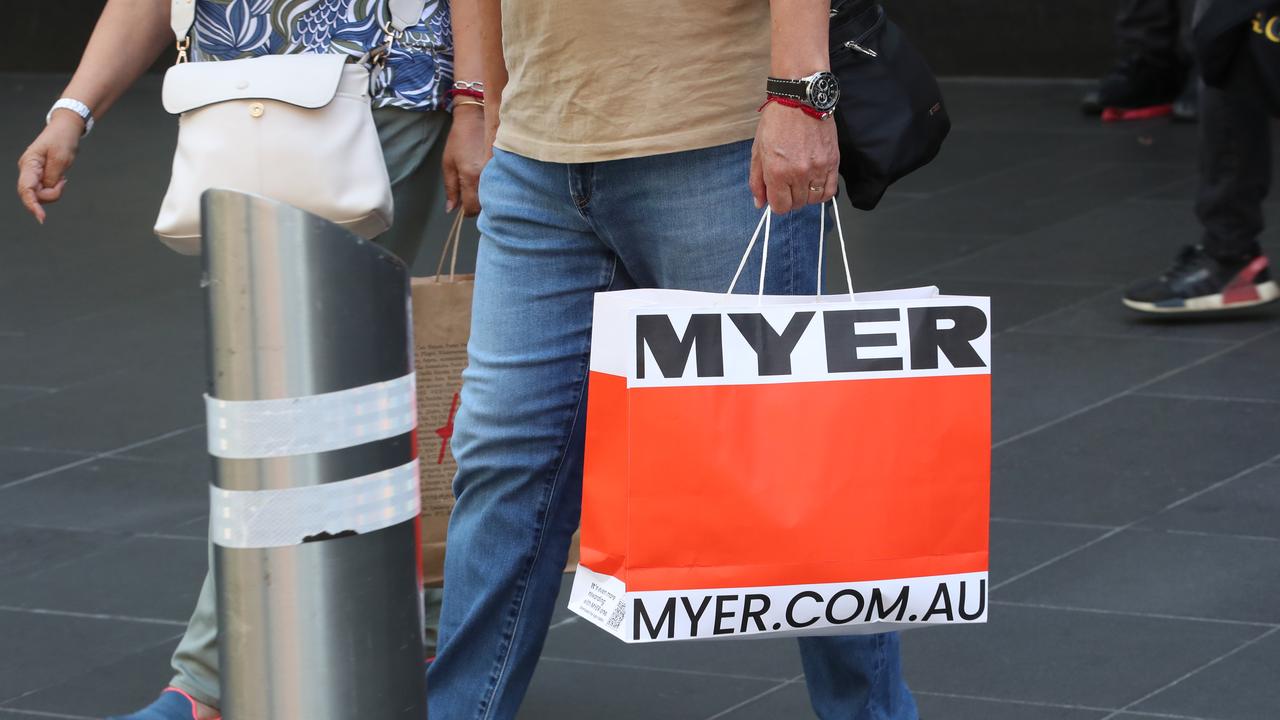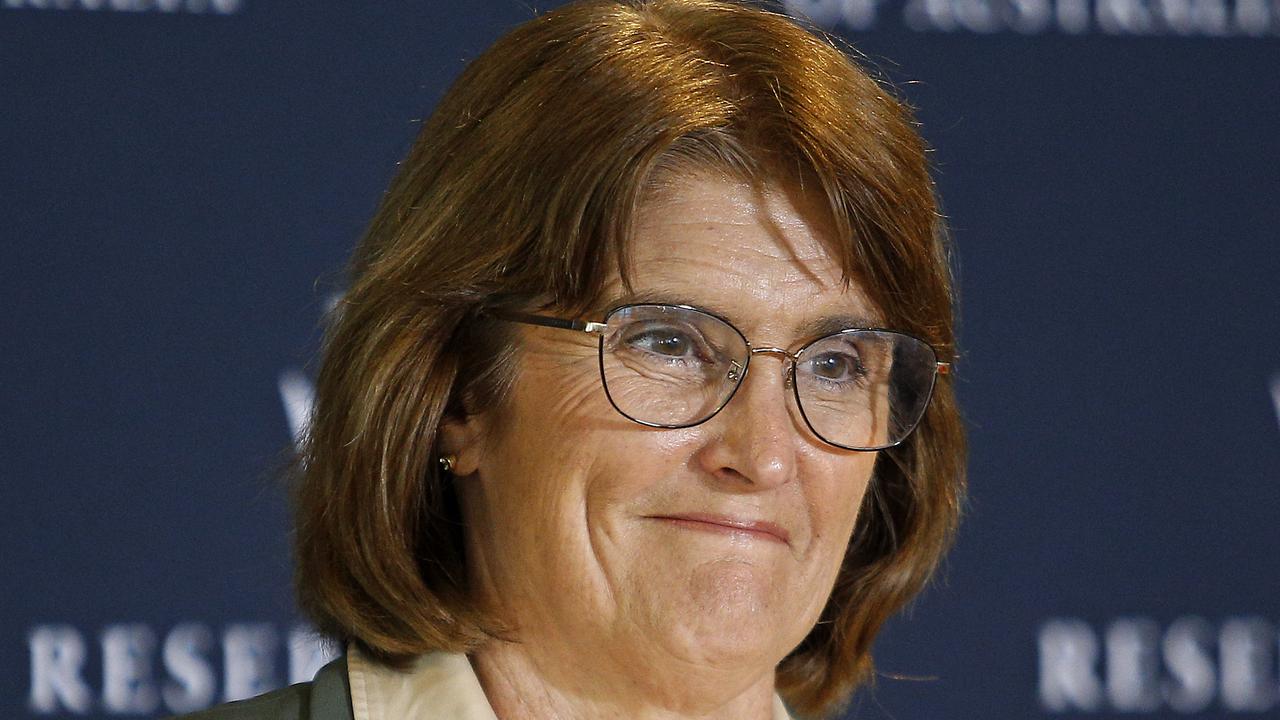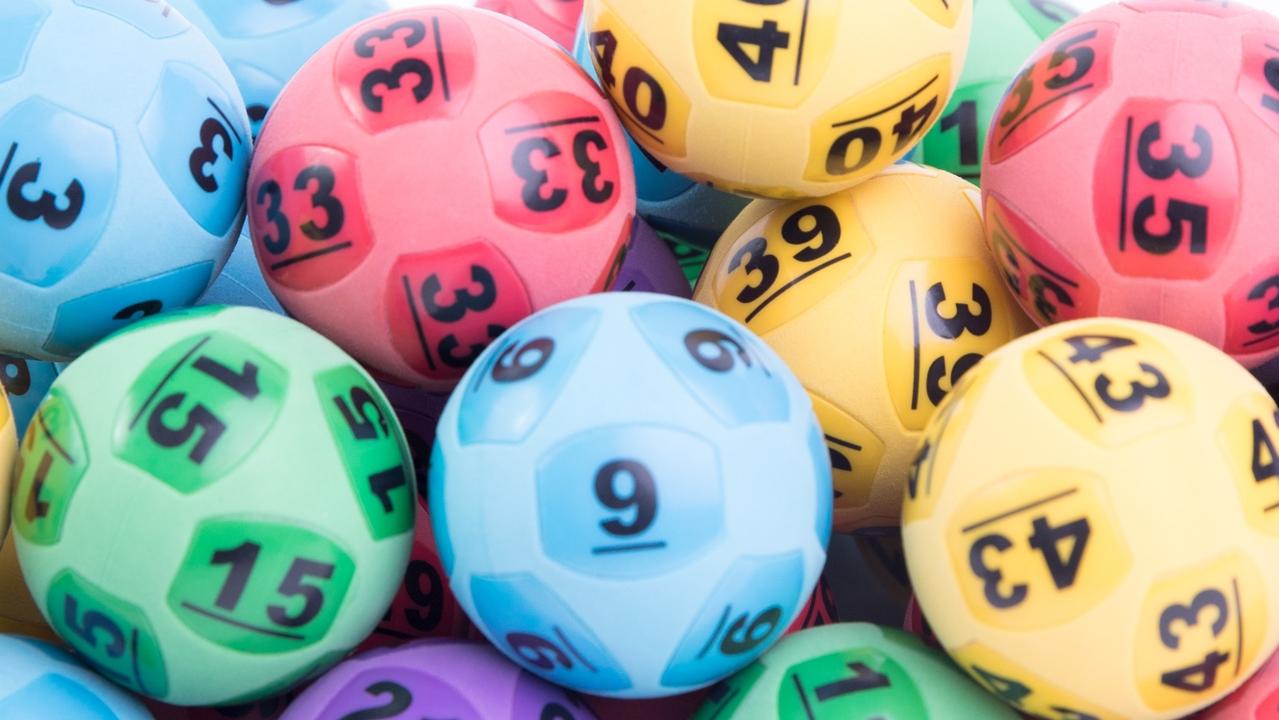Australia to refer China to World Trade Organisation for wine tariffs
Australia will refer Beijing to the World Trade Organisation after China slapped tariffs of more than 200 per cent on key exports.
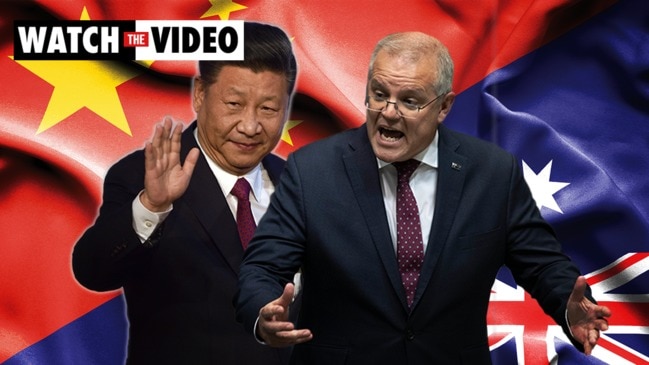
Australia’s trade war with China has ramped up with confirmation the government will refer the country to the World Trade Organisation (WTO) due to “serious harm” caused to the wine industry after Beijing slapped huge tariffs on Aussie drops.
In a swipe at China, Trade Minister Dan Tehan said a main reason the dispute has been sent to the WTO was because Beijing has refused to take phone calls from Australia.
“We would love to be able to sit down (with China’s government) and be able to resolve these disputes,” Mr Tehan said.
“While we’re not in a position to do so, we will use every other mechanism to try and resolve this dispute and other disputes that we have with the Chinese government.”
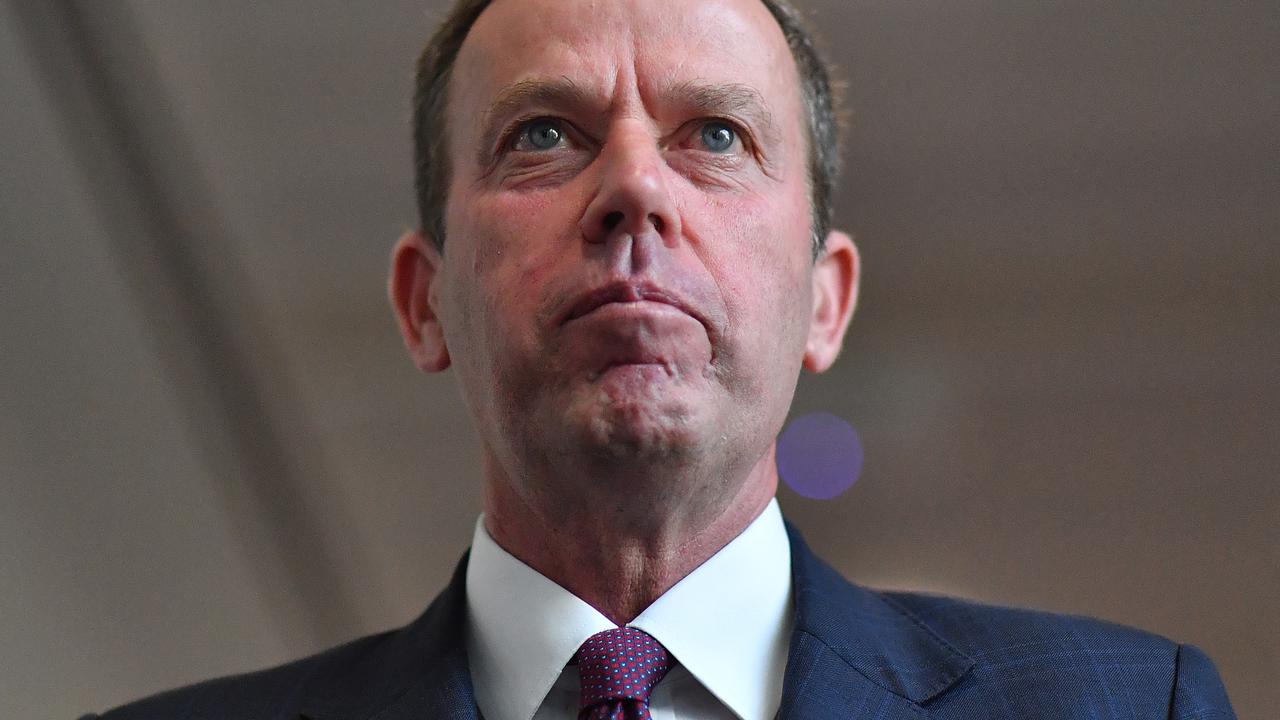
It’s by no means the first referral by Australia to the global trade umpire.
Finance Minister Simon Birmingham referred Beijing to the WTO in December after tariffs were added to Australian barley coming into China.
In 2020, China accused Australian wine producers of “dumping”, or lowering prices below the cost of manufacturing in a bid to increase market share in its economy.
It imposed an interim tariff of 175.6 per cent on Australian bottles, decimating what had been a lucrative market.
In late March, China’s Ministry of Commerce confirmed it would impose “anti-dumping measures on some Australian wine imports for (another) five years”.
Wine growers have said some tariffs were now as high as 215 per cent.
Australia’s wine exports to China have gone from more than $1 billion annually to just $20 million following the imposition of tariffs.
While Beijing has insisted the tariffs are legitimate, it’s widely suspected as punitive measures to punish Australia which has called for an international investigation into the origins of Covid-19 and banned China’s tech giant Huawei from working on sensitive infrastructure.
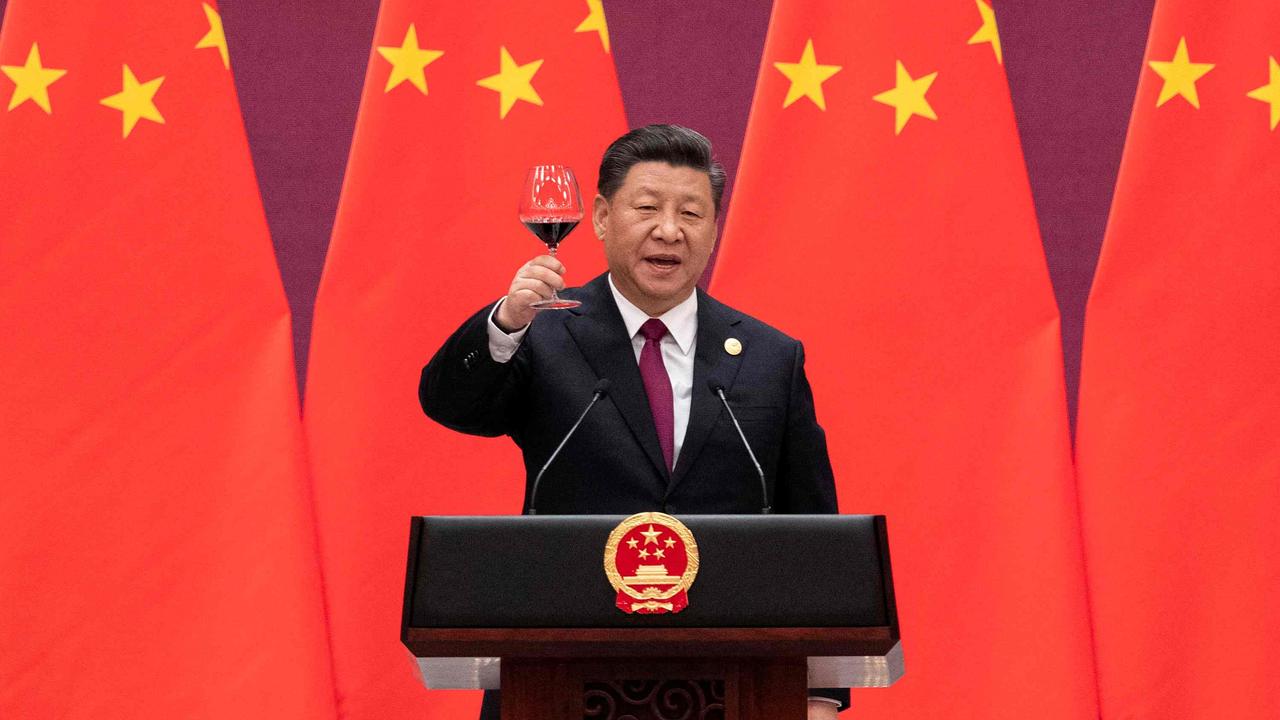
Australia ‘will defend wine makers’
“The actions taken by the Chinese Government have caused serious harm to the Australian wine industry,” Mr Tehan said today.
The government will continue to vigorously defend the interests of Australian wine makers using the established system in the WTO to resolve our differences.
“Australia’s use of the WTO in this matter is consistent with its previous use of the WTO and aligns with our support for the rules-based trading system. Australia remains open to engaging directly with China to resolve this issue.”
Trade body Australian Grape and Wine welcomed the referral.
“We believe the Australian government’s decision to initiate this process is the right call,” chief executive offer Tony Battaglene said in a statement to the ABC.
“We have been consistent in our position that Australian producers have not dumped wine on the Chinese market, nor received trade-distorting subsidies.”
Brands such as Treasury Estates’ Penfolds had been widely distributed in China.
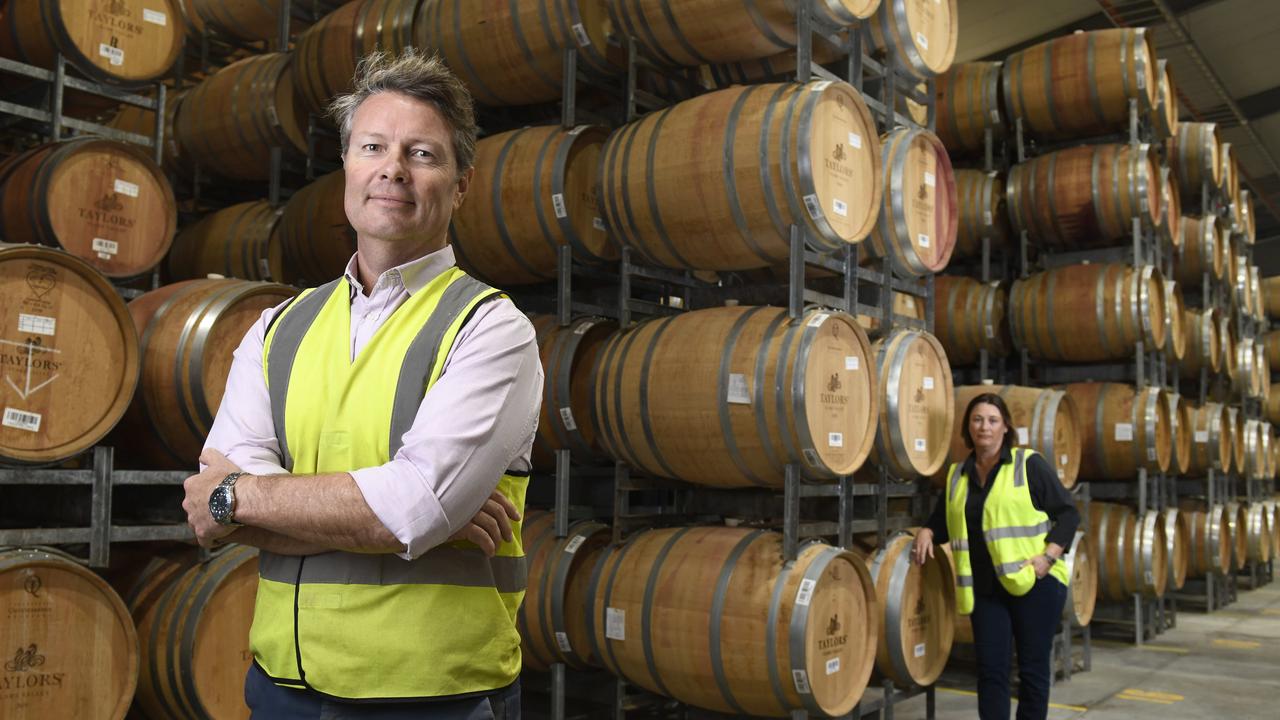
China has either slapped tariffs on or disrupted the flow of a range products from Australia in recent months.
In November, lobsters were subject to increased import inspections at Chinese ports, which lead many of the crustaceans to spoil and become worthless.
That led to lobsters that had been earmarked for China becoming an unexpected treat on many Christmas dinner tables. But the industry was left reeling after being denied the bumper margin from sales to China.
A WTO referral ups the stakes in the Australia-China trade war, but it won’t be resolved quickly.
The process can take several years to conclude and while it is in progress the tariffs are likely to remain in place.
Relations between Canberra and Beijing remain at rock bottom.
In May, China said it would “indefinitely suspend” all activities as part of the two nations’ Strategic Economic Dialogue.
Formed in 2014, it was the main bilateral economic forum between China and Australia. It had been used to encourage investment between the two nations and smooth trade and finance talks.
While the dialogue’s suspension didn’t have any immediate effects – it hadn’t met since September 2017 – it was seen as a further freezing of relations.


